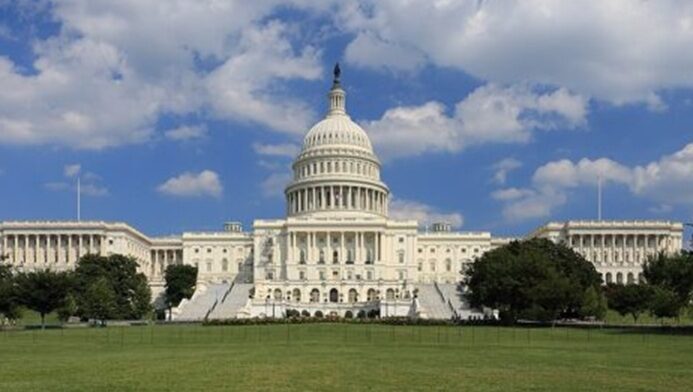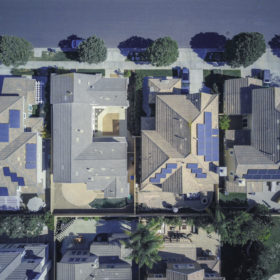You might think Florida Power & Light (FPL) would have at least learned how to leave no fingerprints when they try to mess with the rooftop-solar industry in the state.
You would be wrong. Oh, SO wrong.
Reporting in this morning’s Tampa Bay Times by the indispensable Mary Ellen Klas indicates that FPL has once again tried to kill the rooftop-solar industry in the state by “suggesting” language for House Bill (HB) 1351 that would impose onerous and nearly unworkable restrictions on third-party solar installers hoping to capitalize on Florida residents’ desire to control their own electricity choices.
During the creation of HB 1351, according to emails between bill sponsor Rep. Ray Rodrigues and FPL officials show the utility provided model legislation to insert “consumer protection” language that would, in effect, bury small solar installers in an impossible avalanche of paperwork.
A comparison of the model legislation and Rodrigues’s bill revealed at least eight sections lifted directly – verbatim – from the model legislation FPL had provided him. FPL has denied writing the legislation and insisted its parent company NextEra Energy also had nothing to do with it.
The Energy and Policy Institute, a non-profit watchdog that monitors fossil-fuel interests and counters the lies they often tell, obtained the documents from a Freedom of Information Act request.
You might think FPL would have learned some lessons from its disastrous attempt to strangle the rooftop solar industry in its crib during last year’s elections.
After a disastrous attempt to hornswaggle Florida voters last year into voting for a constitutional amendment that would have limited the rights of citizens to install rooftop solar in the state (it failed spectacularly), the state’s biggest utility moved ahead at warp speed to rehabilitate its image as being anti-solar.
FPL announced to the press on an almost daily basis in the first quarter its commitment to adding an impressive amount of solar to its own portfolio in the form of utility-scale projects throughout the state. It was so close to making people forget last year’s dishonest attempt to strangle Florida’s rooftop solar industry in its crib.
But this most recent attempt to influence legislation designed to implement the successful Amendment 4 that passed last year with 73% of the vote that exempted rooftop-solar installers from the burden of seeing their property taxes increase as a result of an installation.
As surely as the sun rises in the East and sets in the West, the utilities opposed the measure because of their fear that third-party solar installations would break the monopolistic hold they currently enjoy on Florida customers. It passed anyway.
This content is protected by copyright and may not be reused. If you want to cooperate with us and would like to reuse some of our content, please contact: editors@pv-magazine.com.








By submitting this form you agree to pv magazine using your data for the purposes of publishing your comment.
Your personal data will only be disclosed or otherwise transmitted to third parties for the purposes of spam filtering or if this is necessary for technical maintenance of the website. Any other transfer to third parties will not take place unless this is justified on the basis of applicable data protection regulations or if pv magazine is legally obliged to do so.
You may revoke this consent at any time with effect for the future, in which case your personal data will be deleted immediately. Otherwise, your data will be deleted if pv magazine has processed your request or the purpose of data storage is fulfilled.
Further information on data privacy can be found in our Data Protection Policy.